Emergence of Pacta Sunt Servanda in International Law
Introduction
Article 26 of the Vienna Convention on the Law of Treaties (VCLT) embodies the principle of "Pacta Sunt Servanda," a Latin phrase meaning "Agreements Must Be Kept." This maxim is one of the fundamental foundations of law itself. The principle that treaties are binding on the parties and must be performed in good faith is the cornerstone of treaty law. In international jurisprudence, there is substantial authority for the idea that good faith is a legal principle that forms an essential part of the rule of pacta sunt servanda.
This principle is also recognized as part of customary international law. The International Court of Justice (ICJ) has held that pacta sunt servanda consists of two equally important components. First, each treaty is binding on the parties involved, meaning a state that is party to multiple treaties cannot prioritize one treaty over another. Second, the principle of good faith under pacta sunt servanda requires parties to interpret and apply treaties in a reasonable manner that allows their intended purpose to be fulfilled.
Originally, the phrase pacta sunt servanda had religious connotations, but over time it was integrated into international law and is now recognized as part of customary law.
Emergence
In ancient times, many cultures, including the Chaldeans, Egyptians, and Chinese, believed that their national gods were involved in the formation of contracts. These gods acted as guarantors of the agreements and were thought to punish those who broke them. As a result, making a contract was often tied to religious rituals, and a kind of contract worship developed.
For Islamic cultures, the principle of pacta sunt servanda also has a religious foundation. The Quran emphasizes the importance of fulfilling obligations, as stated in verses like: “Be true to the obligations which you have undertaken... Your obligations which you have taken in the sight of Allah... For Allah is your Witness.”
The Romans also valued this principle, making it a key part of their legal system. It played an important role in Christianity as well. During the Renaissance, the principle was associated with Machiavellian theories and soon became an essential part of international law.
We won’t delve further into the broader foundations of international law, as it would exceed the scope of this discussion. However, it’s important to recognize the legal sources on which the maxim pacta sunt servanda is based in current international law.
For those who believe that "general principles of law" are a third source of international law, beyond just the jurisdictional framework of the International Court of Justice, the sanctity of contracts is one such general legal principle. This principle is recognized domestically in all countries, and without the binding nature of agreements, international law would not be possible.
The London Protocol of January 17, 1871, emphasized that the representatives of North Germany, Austro-Hungary, Great Britain, Italy, Russia, and Turkey, meeting in a conference, acknowledged that no power can reject the obligations of a contract or change its provisions without first obtaining the consent of the other contracting parties through peaceful means. This principle has never been rejected by any arbitral tribunal, and many international arbitration tribunals have explicitly recognized it.
For example, in a decision on April 7, 1875, the U.S. Ambassador in Santiago, acting as the sole arbitrator in a dispute between Chile and Peru, upheld that a treaty cannot be modified except by the same authority and through the same process that created it.
Similarly, in the 1888 case of Ch. Adr. van Bokkelen between the United States and Haiti, the arbitrator stated that treaties, like private contracts, are binding and must be kept with the utmost good faith.
In the Newfoundland controversy between the U.S. and Great Britain, the Permanent Court of Arbitration in The Hague ruled in 1910 that every state must faithfully execute the obligations it has incurred by treaty, as urged by the ordinary sanctions of international law regarding the observance of treaty obligations.
Nuclear Tests Case
The maxim pacta sunt servanda is often associated specifically with the law of treaties. The rationale behind this principle is clear: the global community requires a system that ensures international order and prevents arbitrary actions and chaos.
The Nuclear Tests Case, involving Australia and France, remains a significant source of frustration and anger among South Pacific countries, particularly Australia and New Zealand, due to the environmental damage caused by France.
Starting in the 1960s, France began nuclear weapons testing at Mururoa Atoll in the South Pacific, which included atmospheric testing. Australia and New Zealand argued that these tests led to the spread of radioactive particles worldwide. To stop the testing, they brought the issue to the International Court of Justice (ICJ). France countered by claiming that the court lacked jurisdiction and issued a public statement that they no longer intended to conduct atmospheric testing.
However, Australia and New Zealand were not reassured by this statement, as nothing legally prevented France from changing its position and resuming the tests.
In the Nuclear Tests Case, the ICJ ruled:
"One of the basic principles governing the creation and performance of legal obligations… is good faith. Trust and confidence are inherent in international cooperation, particularly in an age when this cooperation in many fields is becoming increasingly essential. Just as the very rule of pacta sunt servanda in the law of treaties is based on good faith, so also is the binding character of an international obligation. Thus, interested States may take cognizance of unilateral declarations and place confidence in them, and are entitled to require that the obligation thus created be respected."
In this case, the Court treated France’s public statements (unilateral declarations) as having the same legal effect as a binding treaty toward the other involved States. The Court found that if certain conditions are met, a unilateral declaration can indeed bind a State. These conditions include the context of the declaration, the intention of the declaring State, and the lack of a requirement for acceptance by the receiving State or adherence to formal requirements. For current purposes, the context and intent are of utmost importance.
Conclusion
In this article, we discussed the principle of pacta sunt servanda. We also explored its historical background, showing that this principle is deeply rooted in historical records. The Nuclear Tests Case demonstrated the importance of the context of a testimony (unilateral declaration): it must be made publicly, and the receiving State must be able to recognize the declaration. The binding nature of such declarations depends primarily on the subjective intent of the declaring State, distinguishing it from nonbinding statements. However, the belief and confidence placed in the declaration by the receiving State are crucial to forming an obligation, with good faith acting as the norm governing the legal effect of the act.
We have described the emergence of pacta sunt servanda as a fundamental legal principle, found universally. It applies equally to contracts between states and to those between states and private entities. The global community's structure increasingly depends on relationships not only among states but also between states and foreign corporations or individuals. Economic relations between states and foreign entities cannot exist without the principle of pacta sunt servanda. Therefore, it is clear that in all cases, such contracts are subject to this general legal principle.
Share
Tags
Archive
Popular & Recent Post






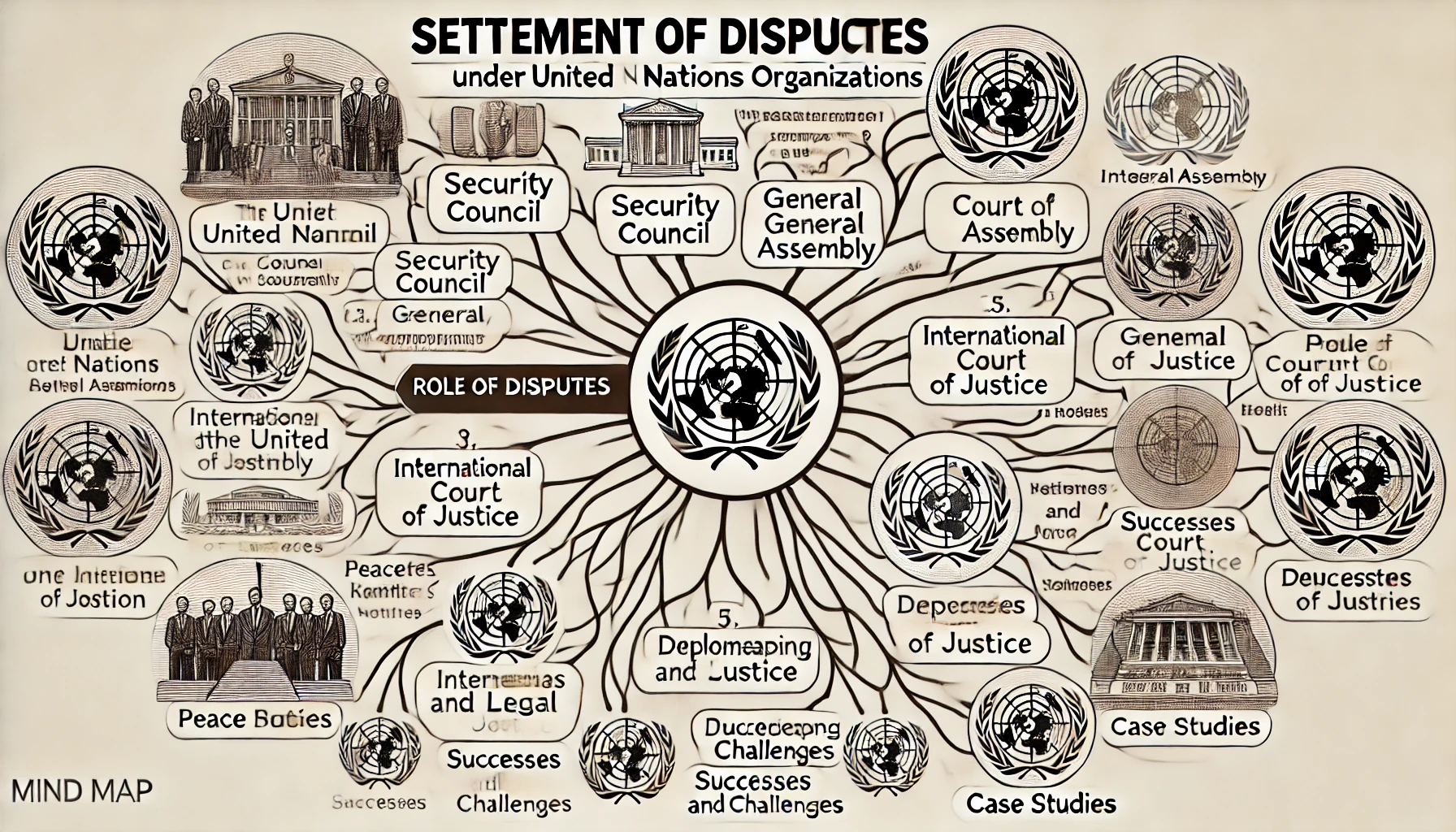
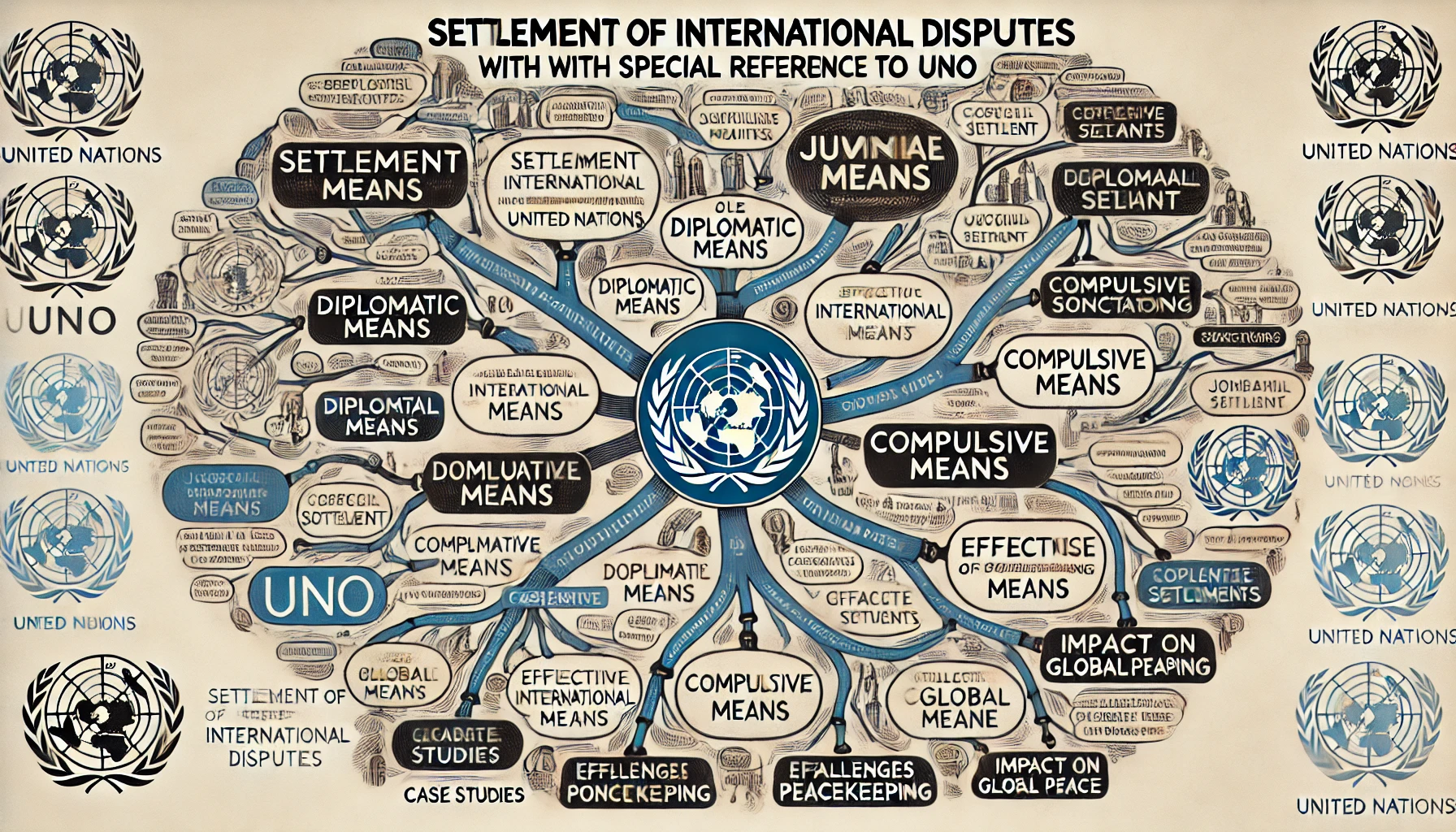
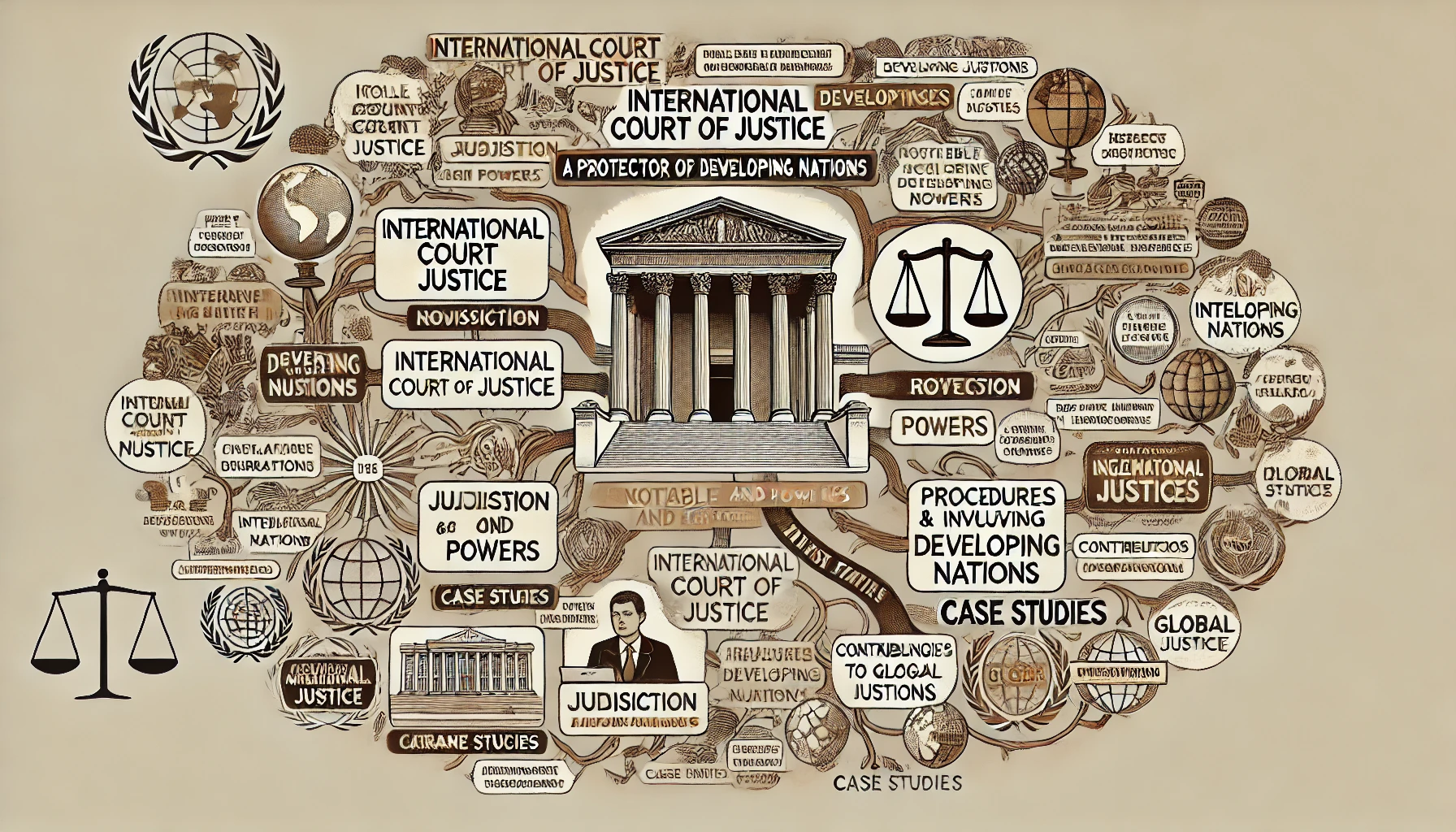
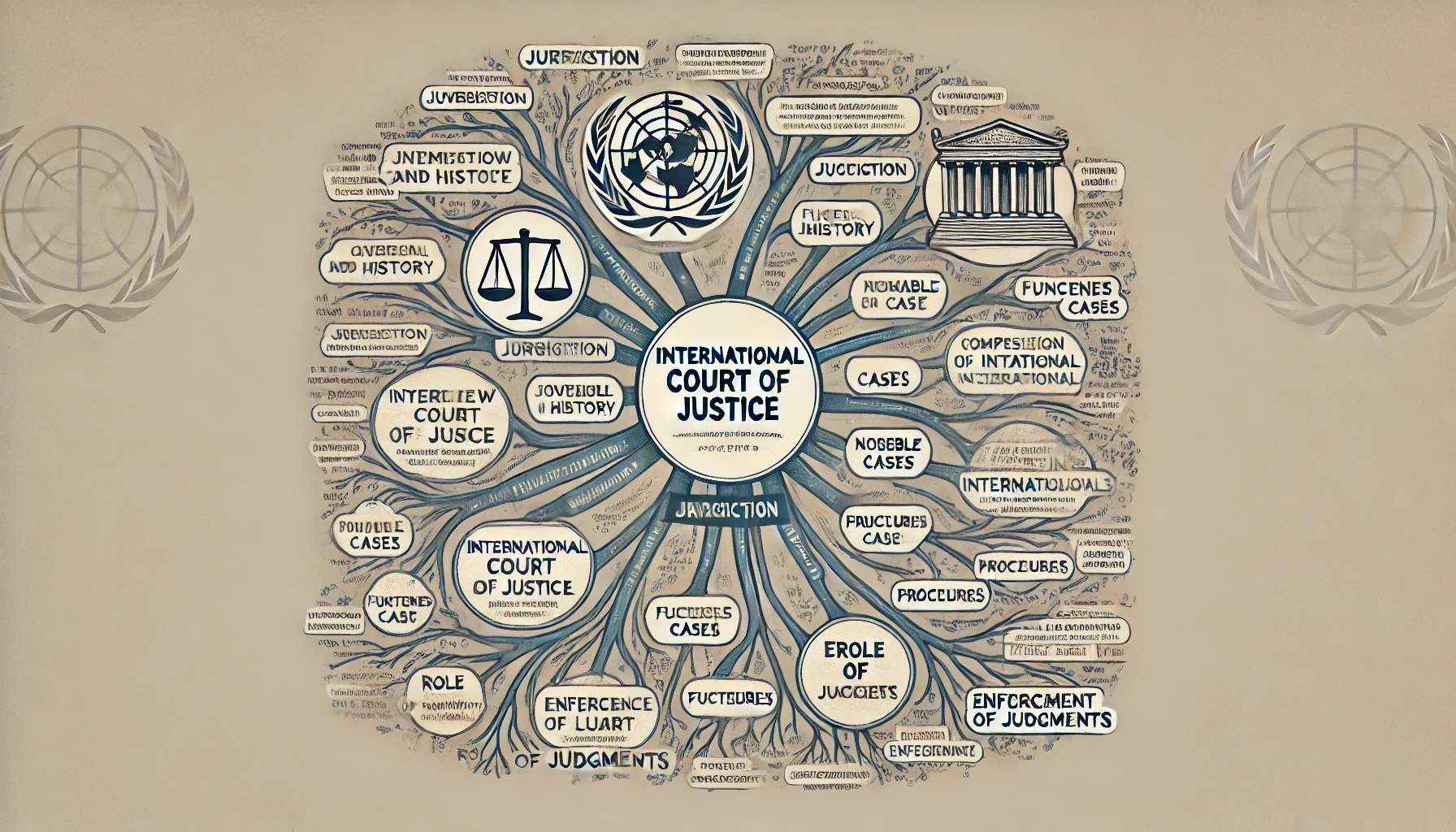
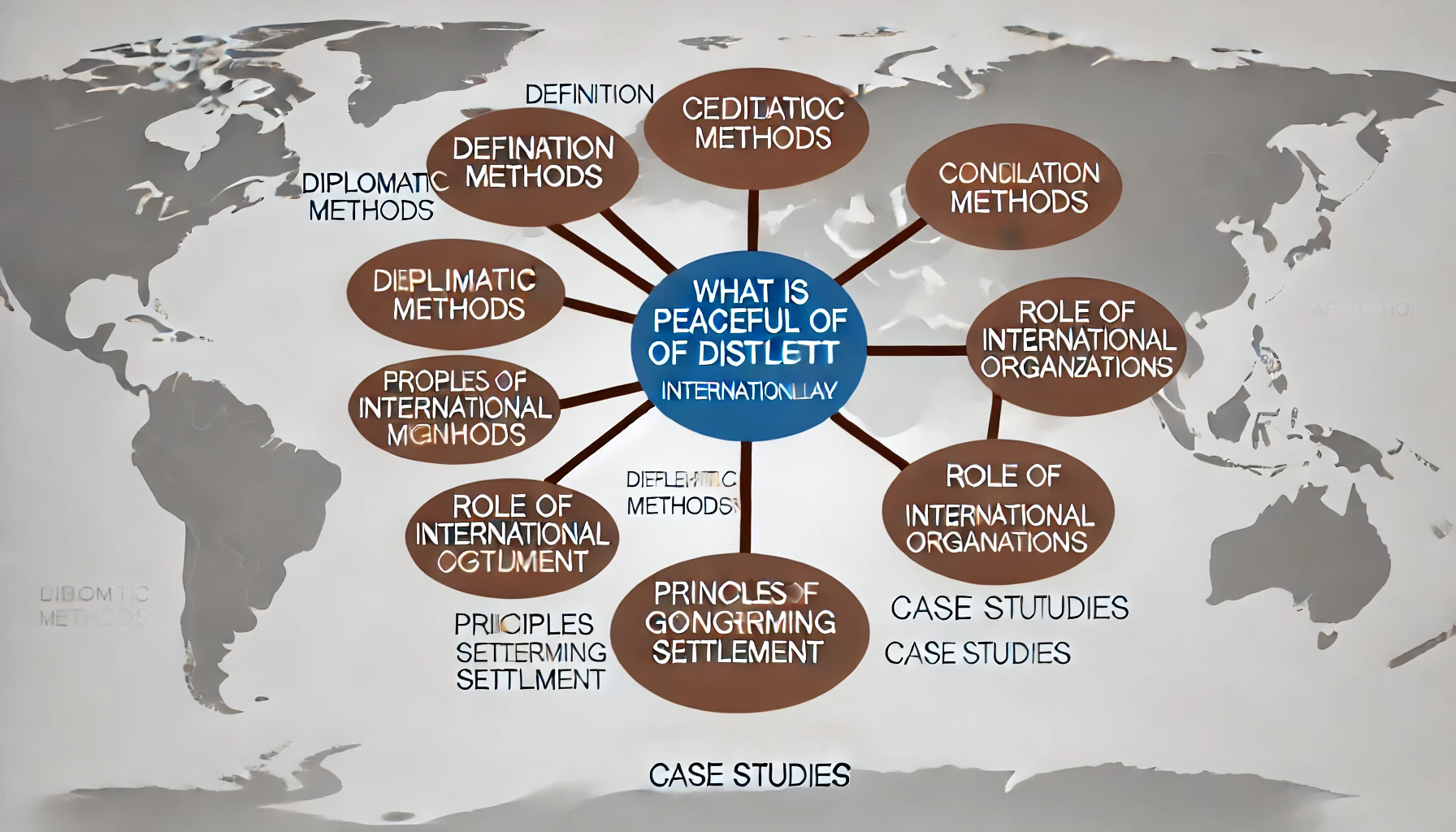

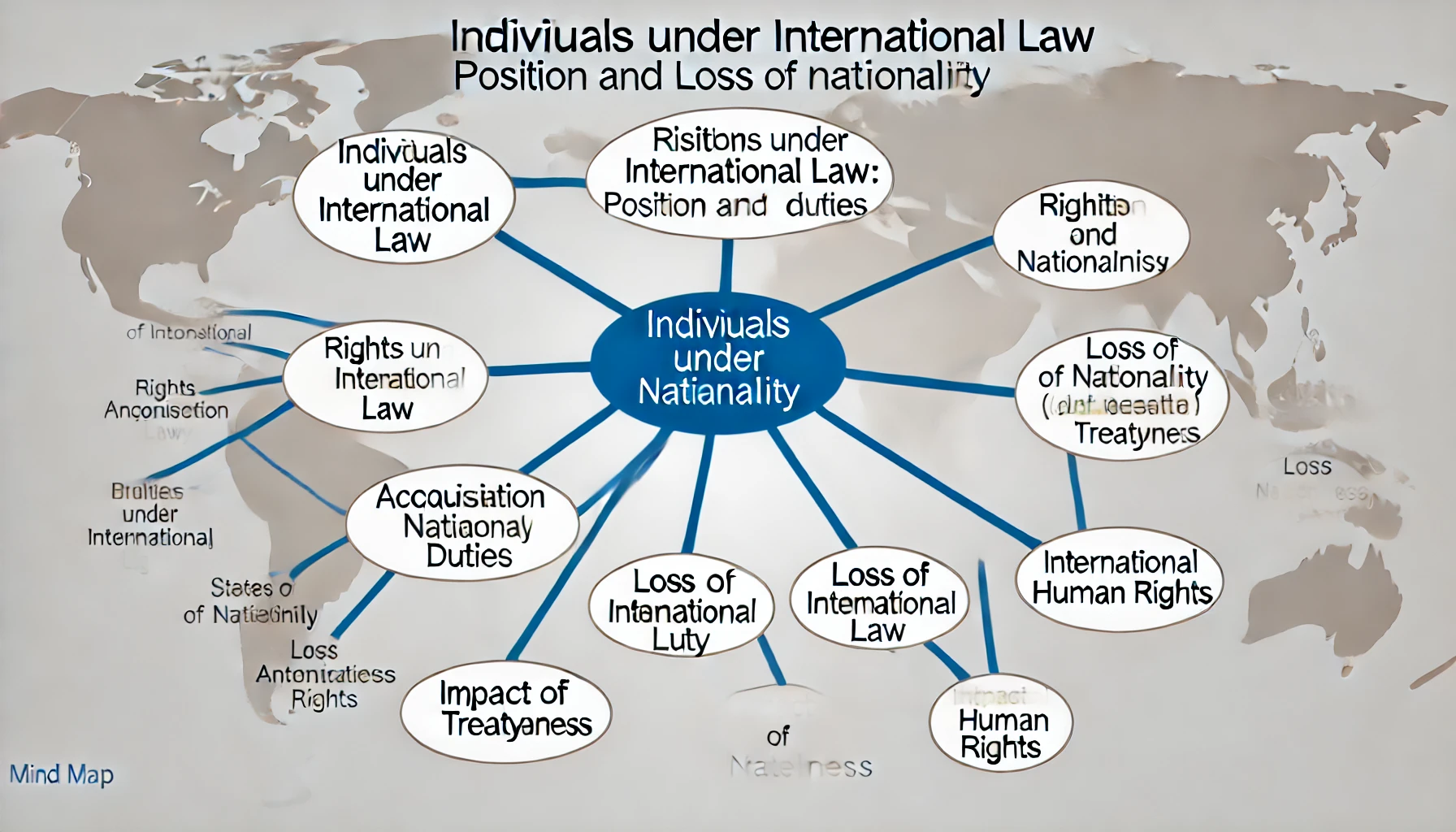
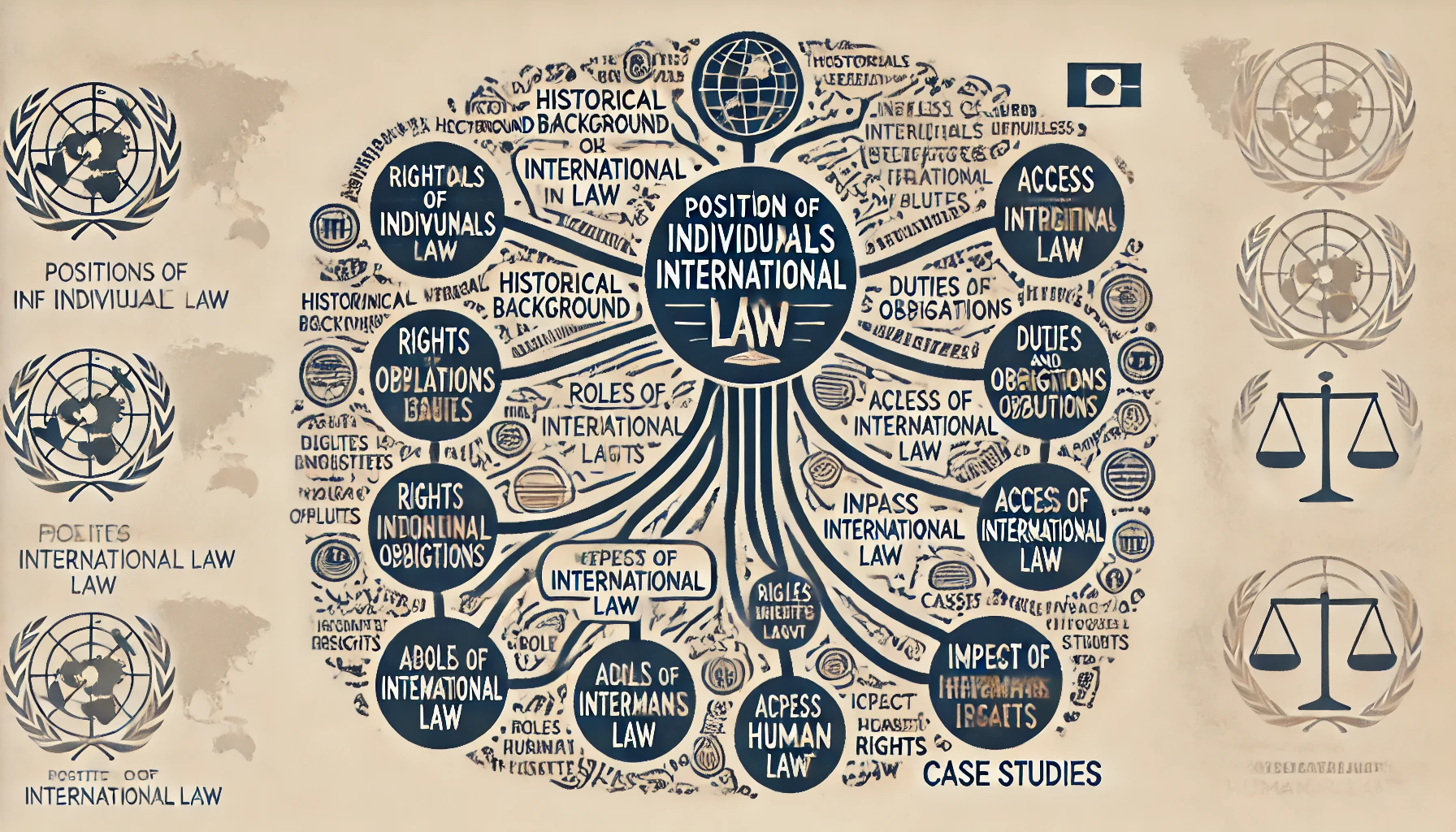


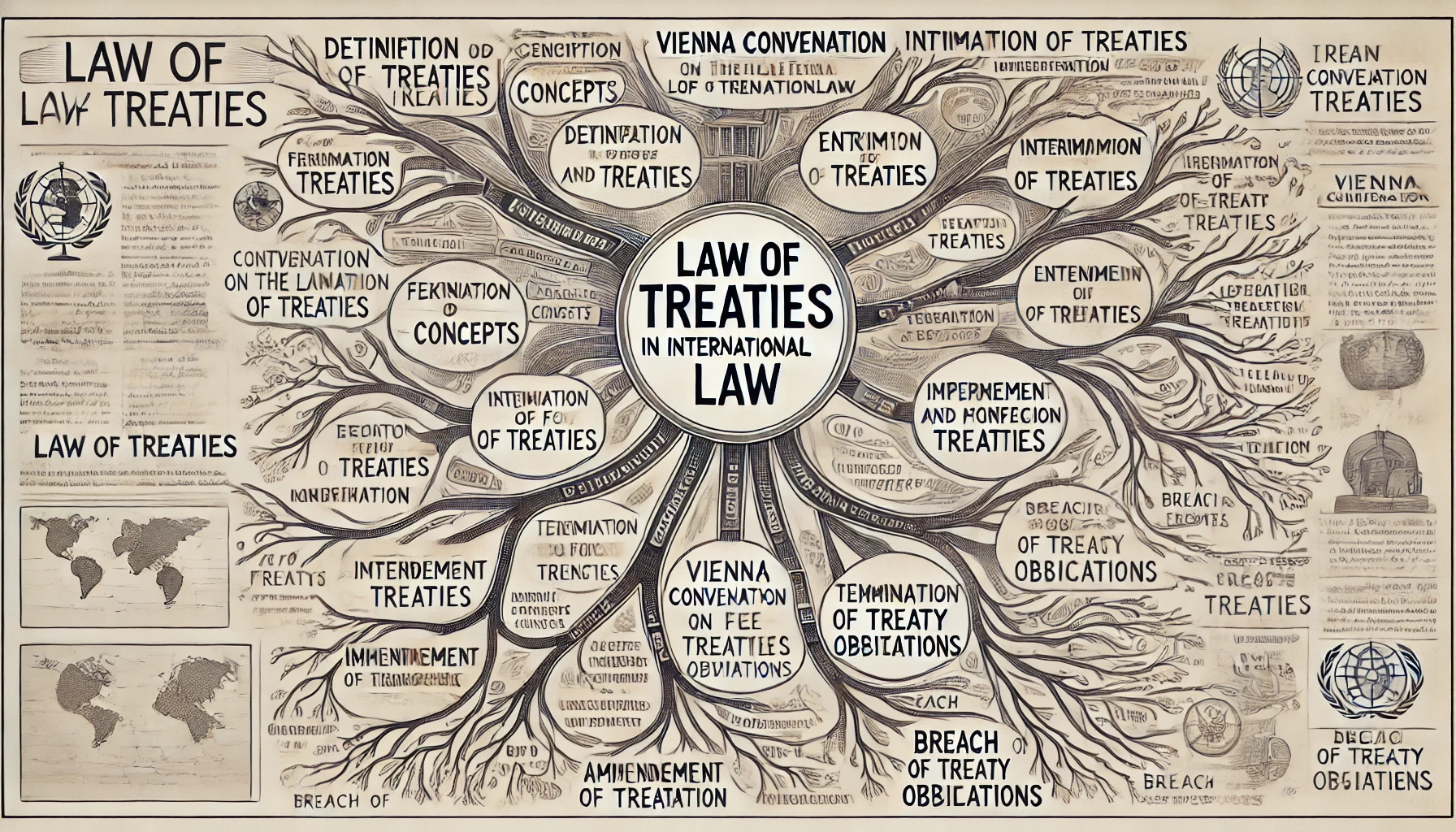
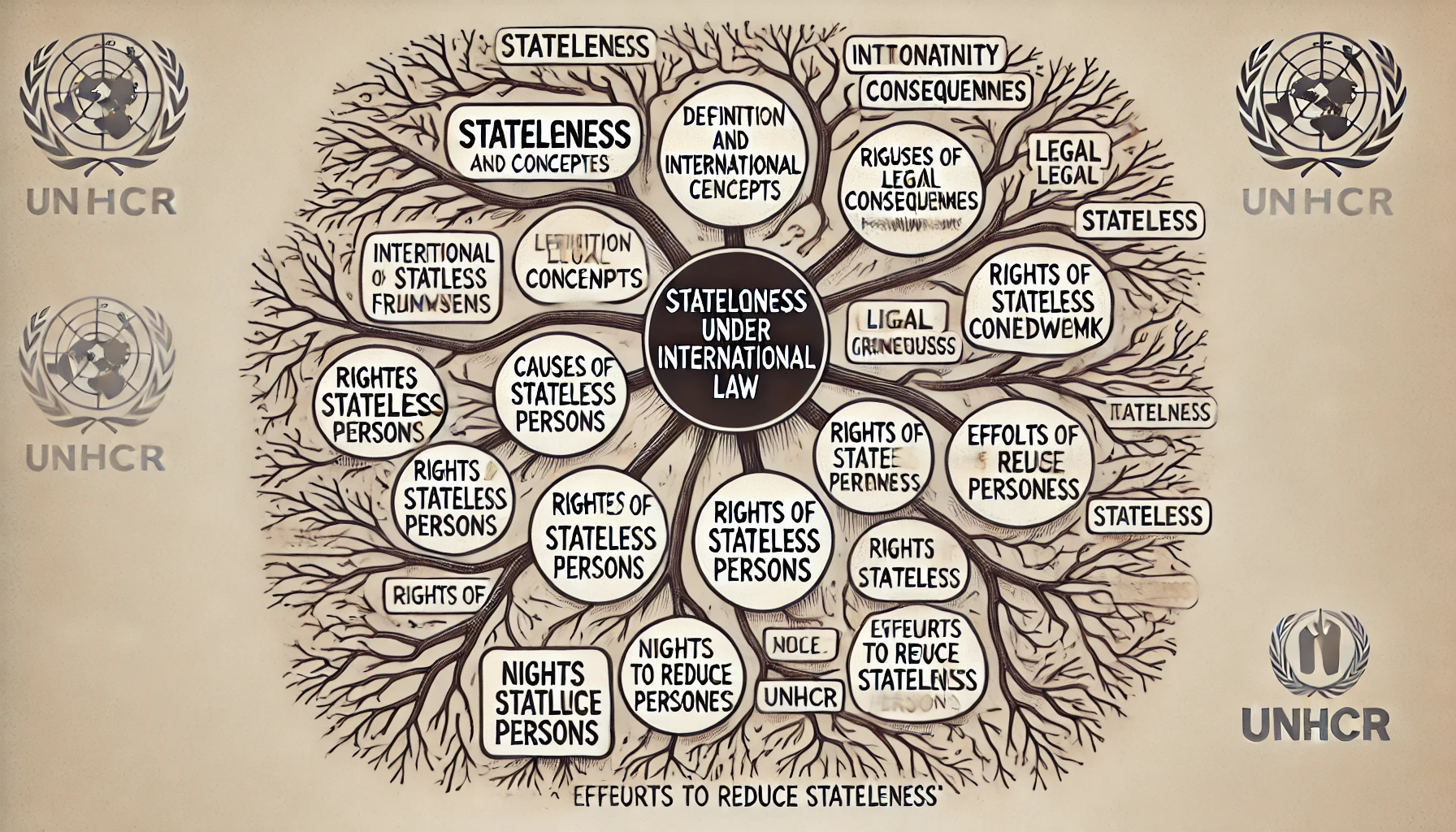
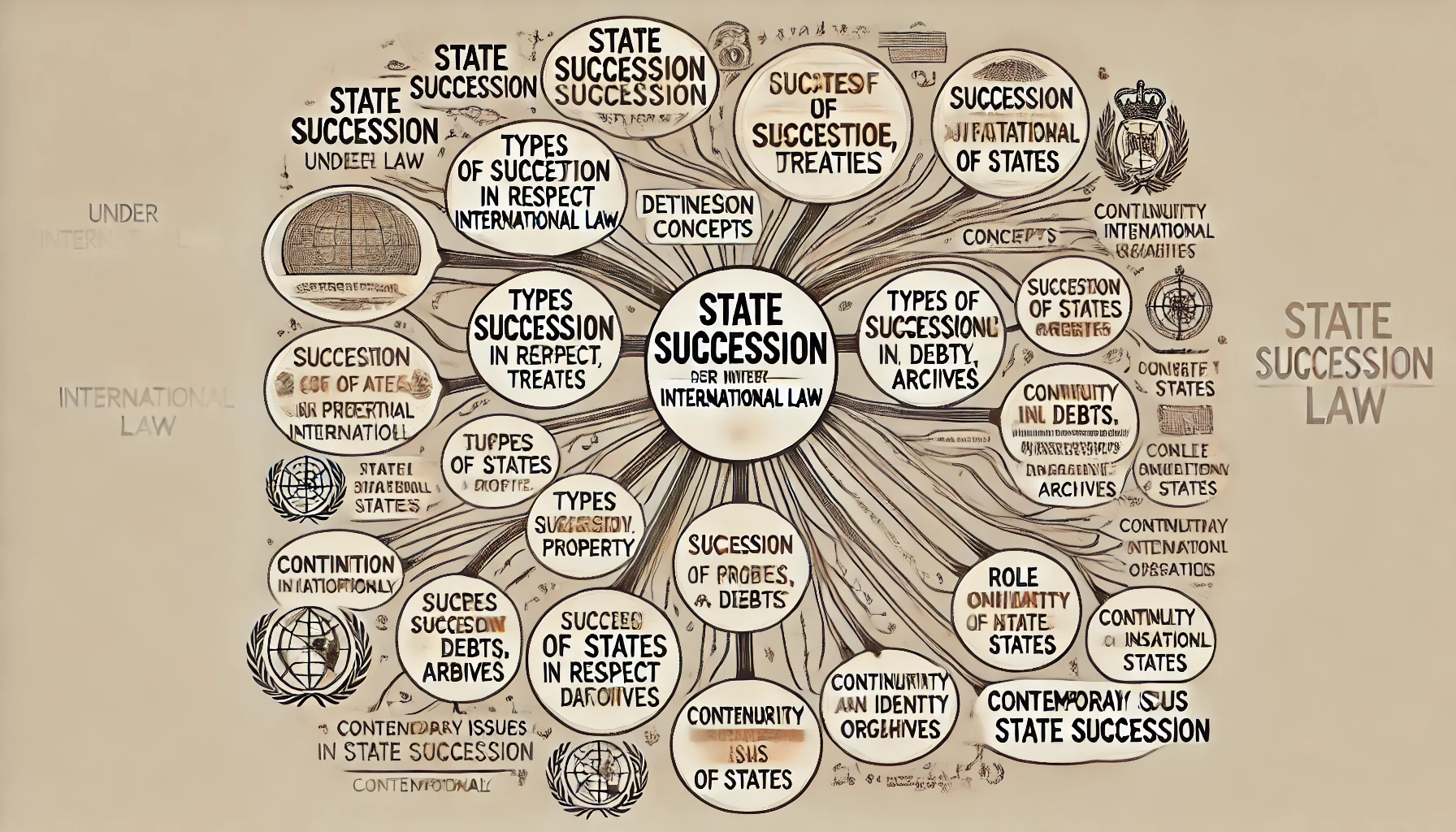
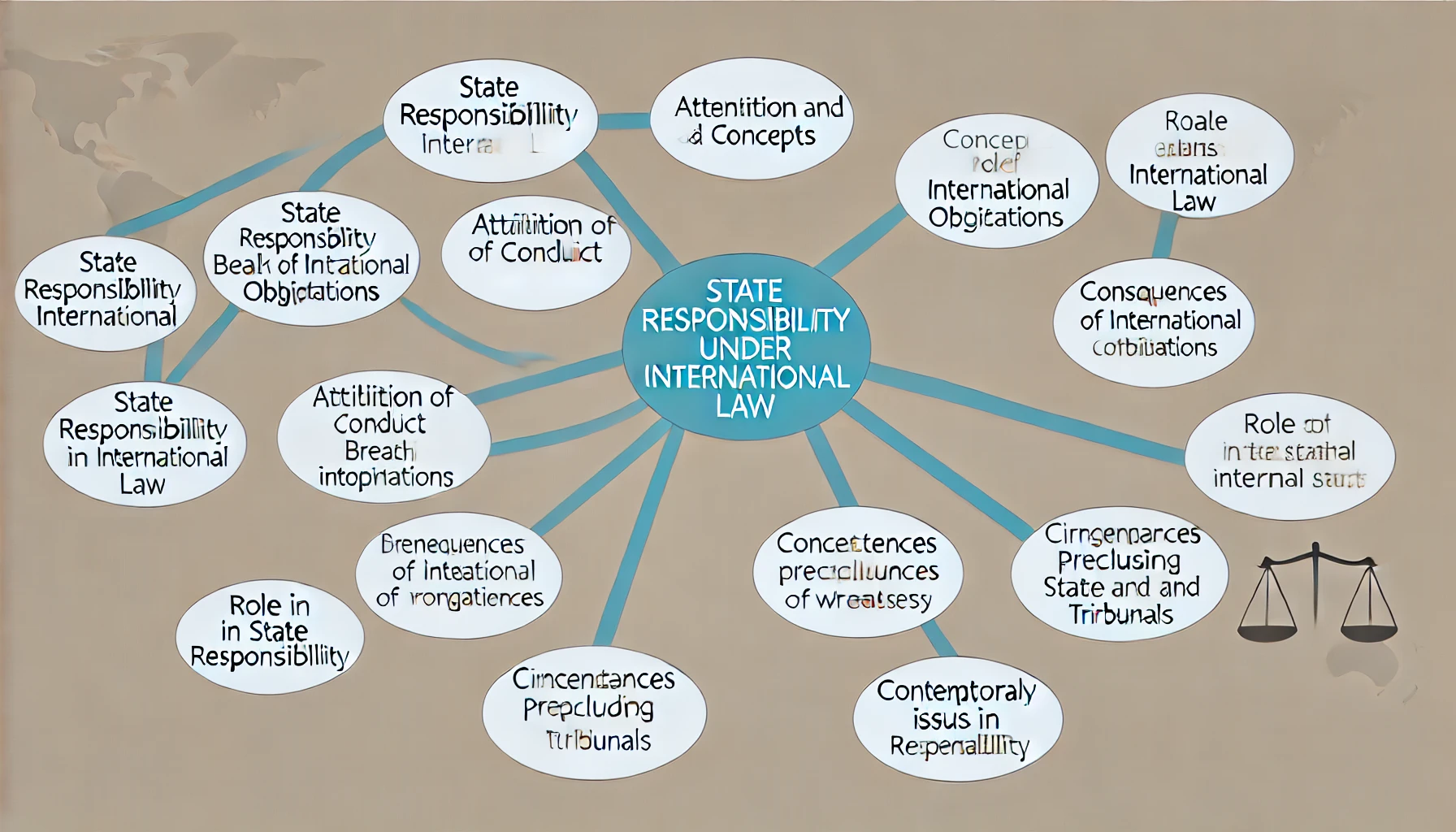

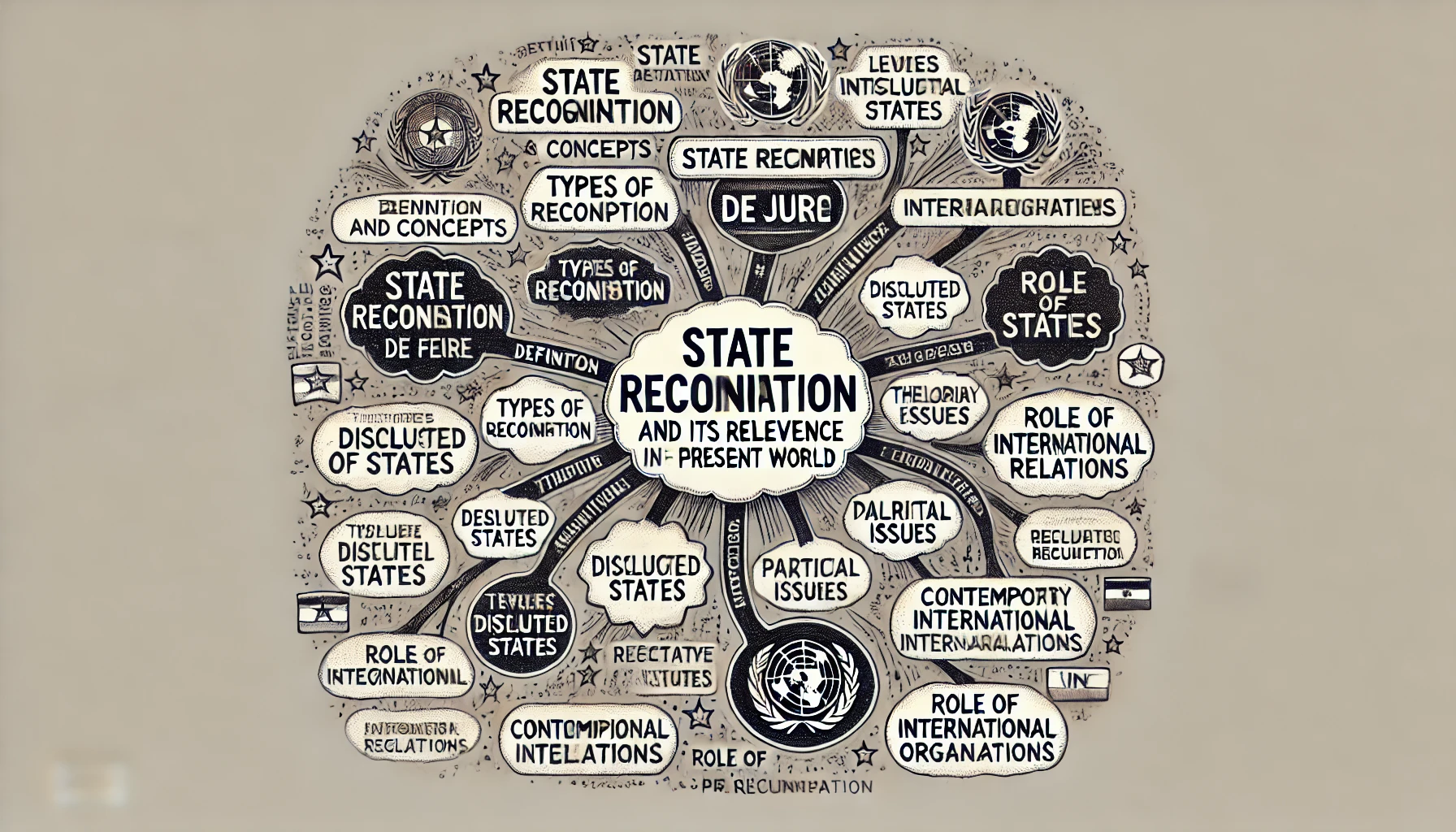
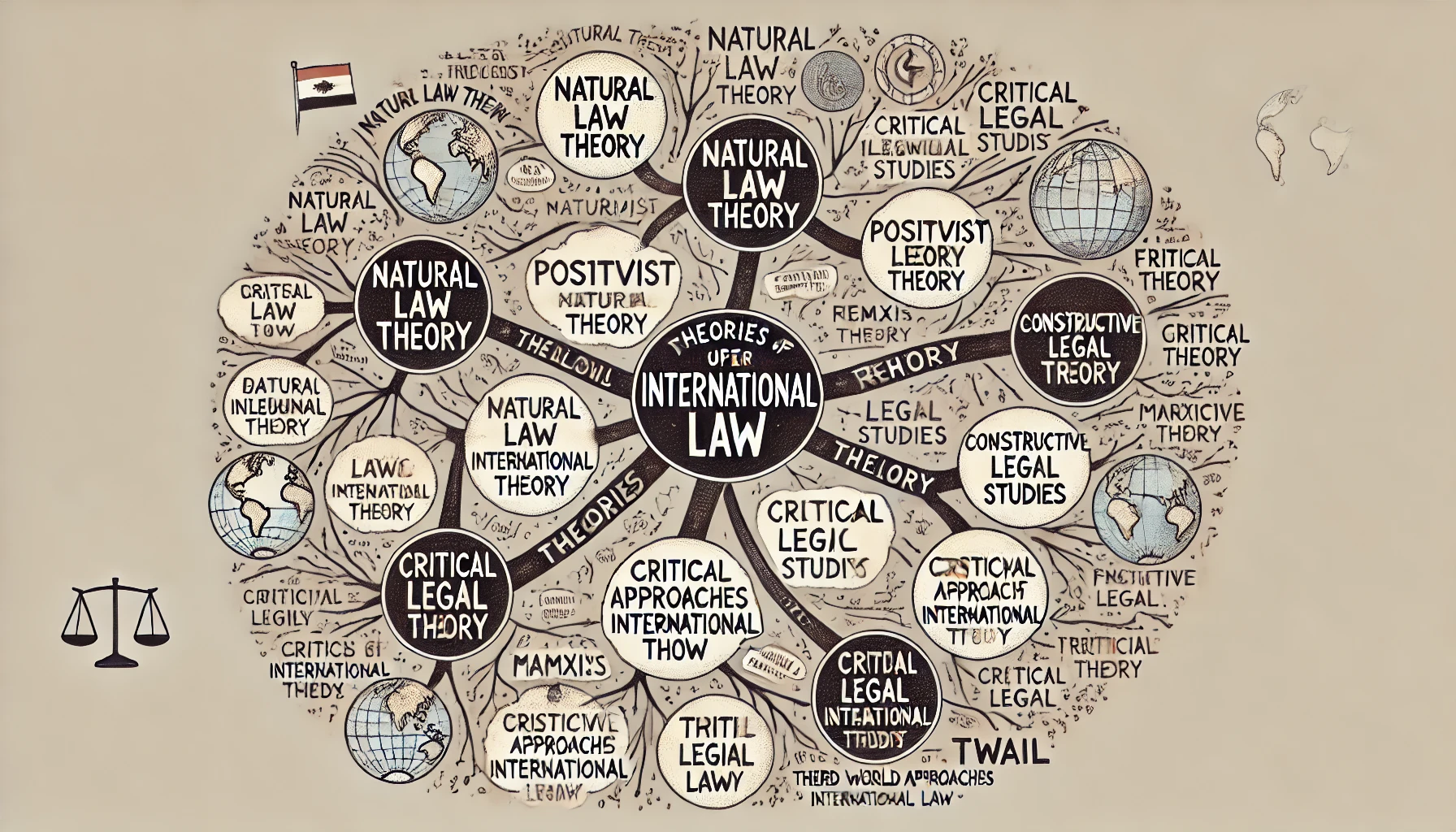

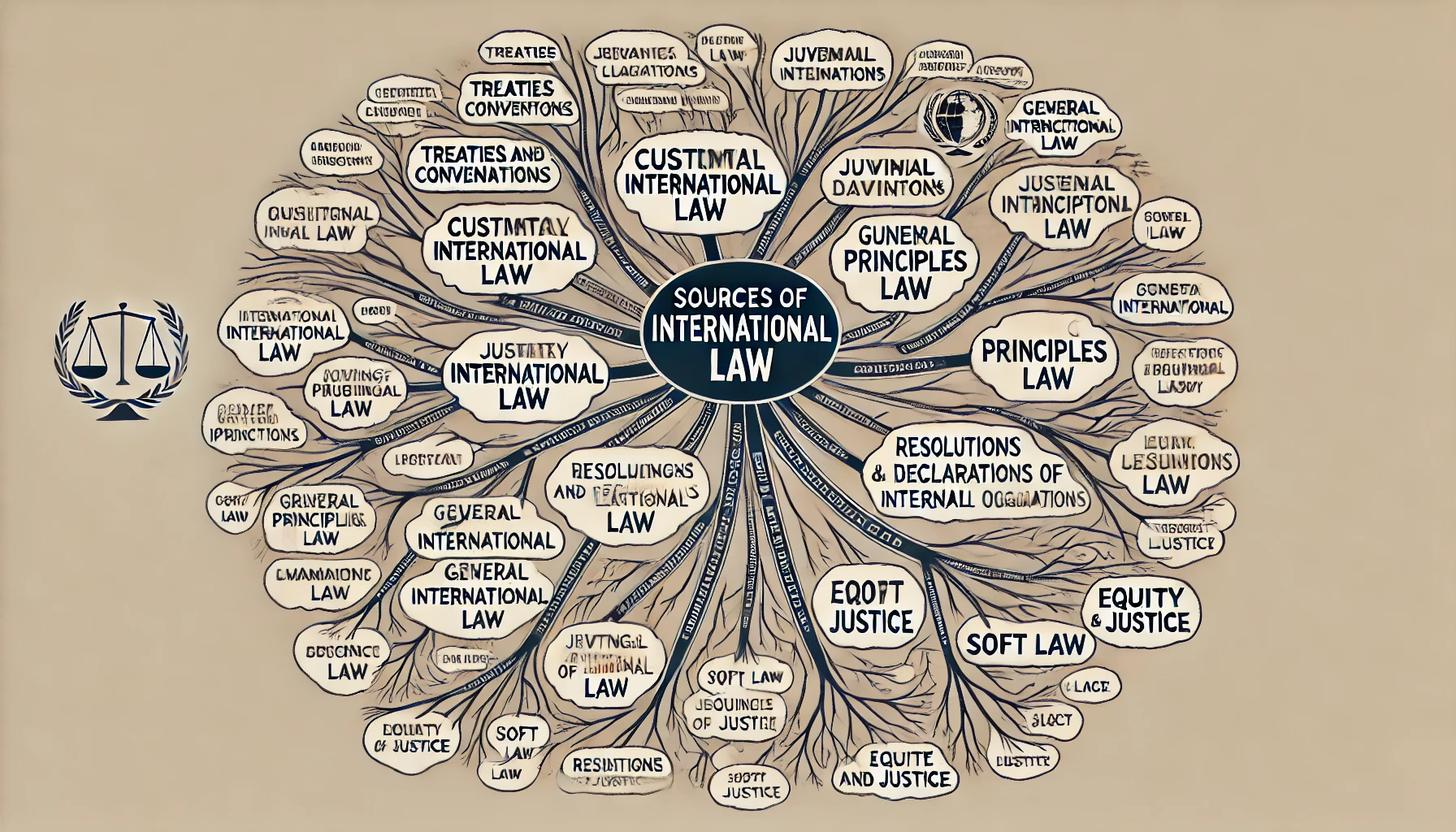
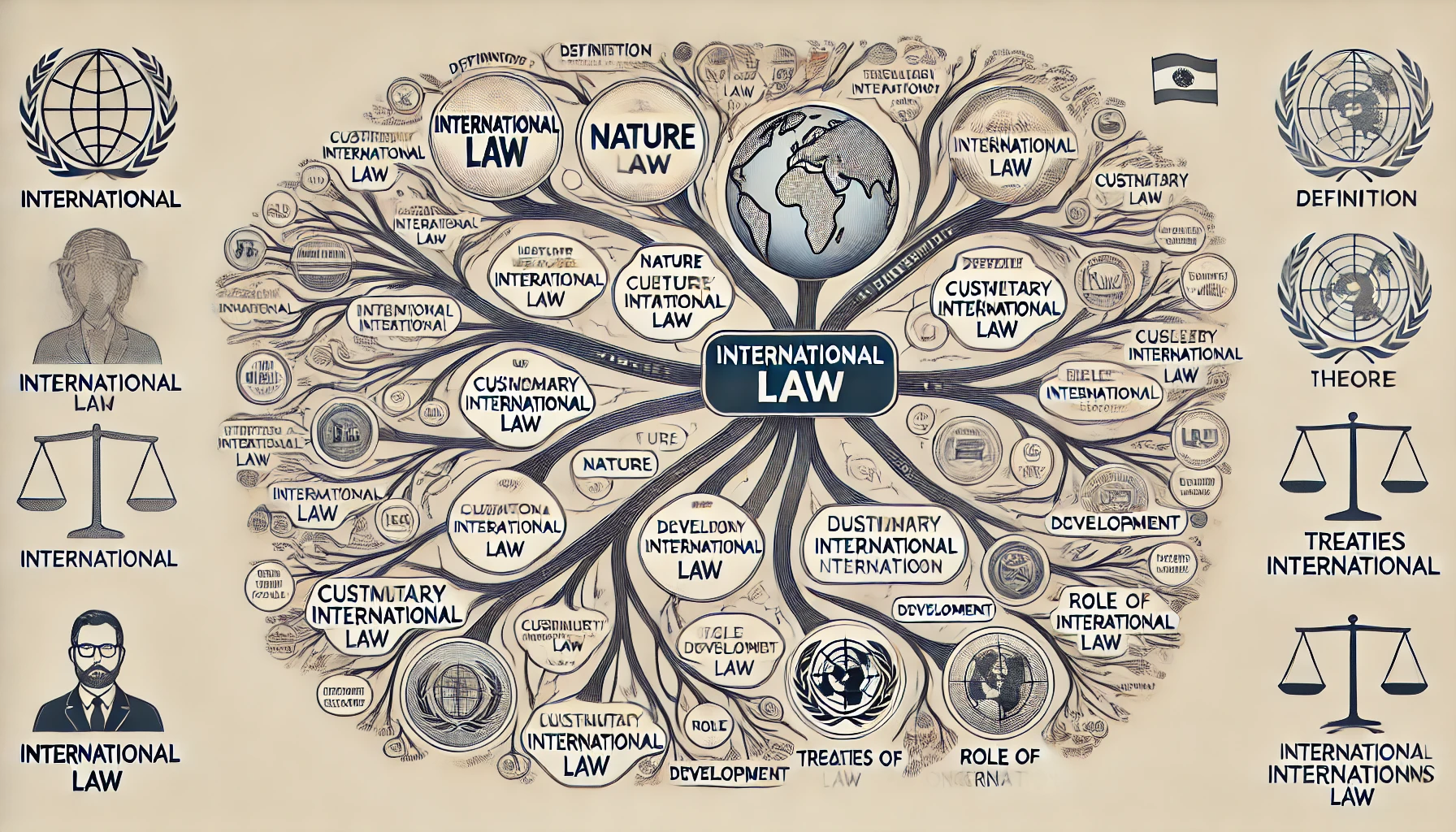
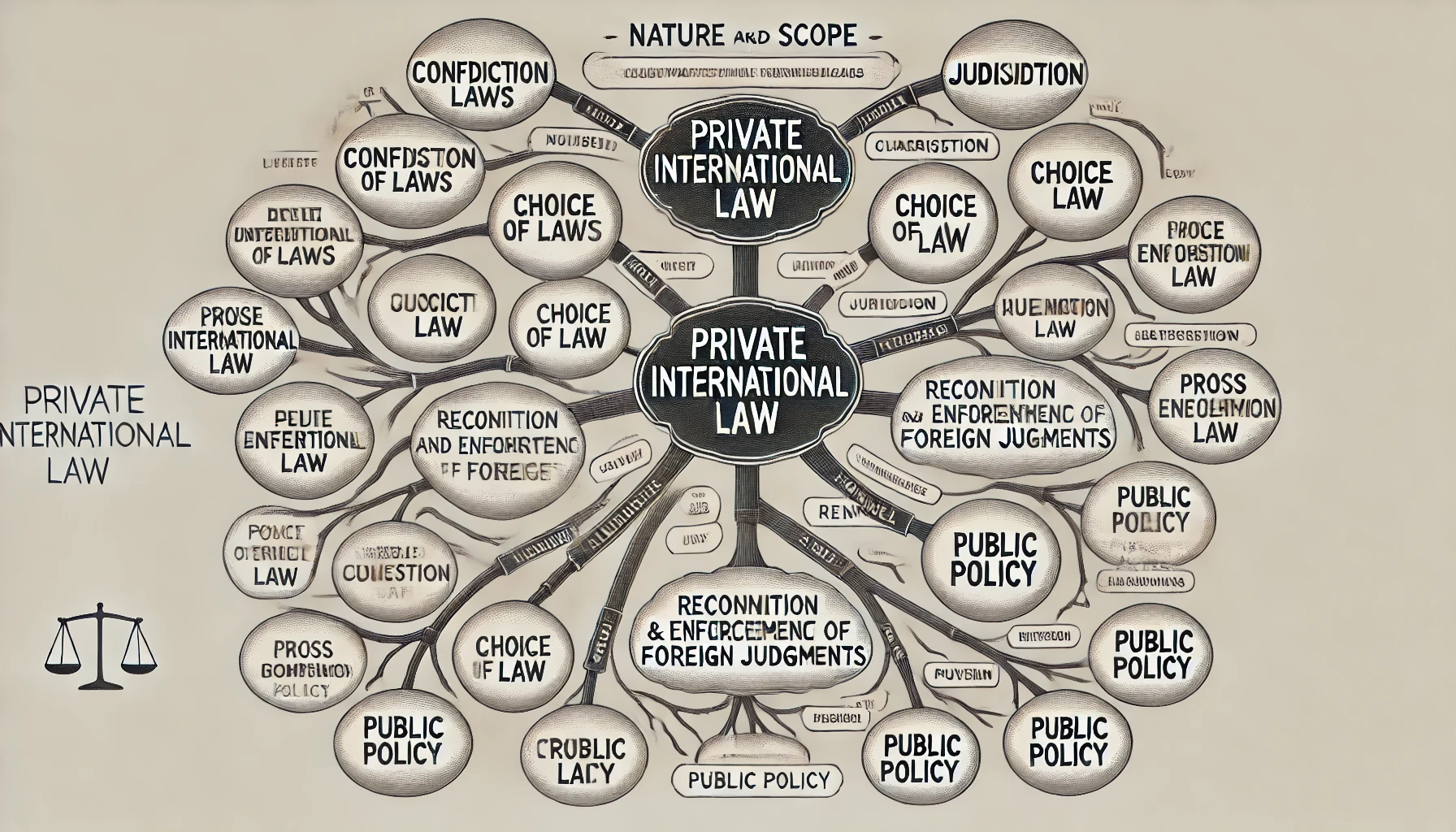


































































































Comment
Nothing for now